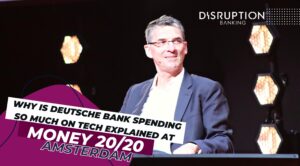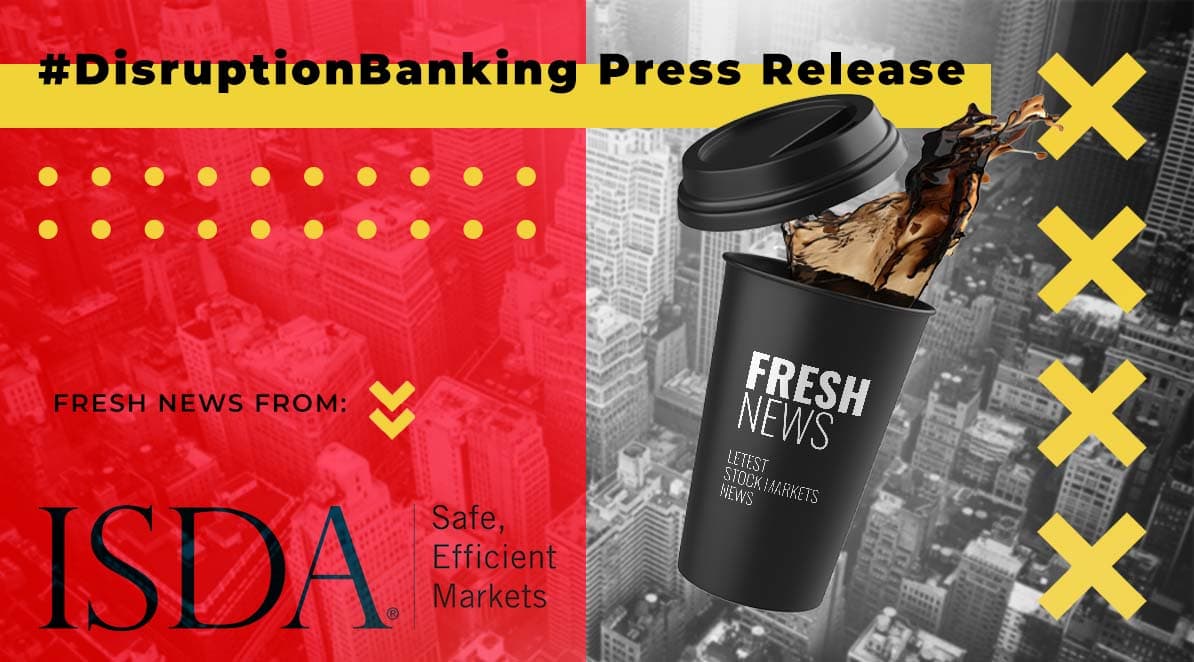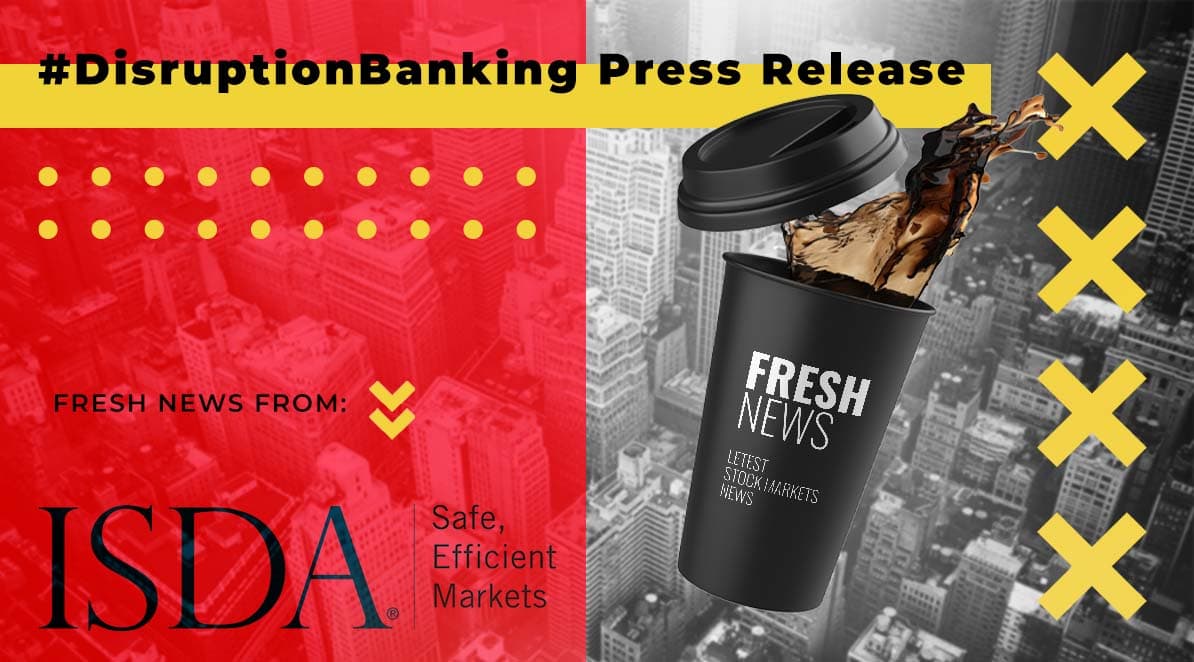Digital foreign exchange and payment platform Bitpesa leverages blockchain settlement to lower the cost and increase the speed of business payments to and from frontier markets.
Wendy Atkins talks on behalf of DisruptionBanking to its founder and CEO,
Elizabeth Rossiello
Setting up a fintech firm might not be for the faint-hearted, but as Elizabeth Rossiello, founder and CEO of BitPesa, says: “You have to keep going. Being an entrepreneur can be lonely, but you have to trust your judgement and be user-driven.”
After working as a rating analyst with some of the biggest microfinance institutions across sub-Saharan Africa, as well as with investors such as rameen Foundation, Gates Foundation and the Acumen Fund, Rossiello says she witnessed the difficulties that small financial institutions faced in finding liquidity in local African currencies. She repeatedly saw funds and institutions having to exit the market because of FX loss or lack of local currency infrastructure. She was also working with regulators and policymakers on legislation for financial innovations.
In 2013, cryptocurrency had just started taking off and, she says, it was the right technology solution for this problem at the right time. As a result, BitPesa was launched as a digital foreign exchange and payment platform that leverages blockchain settlement to significantly lower the cost and increase the speed of business payments to and from sub-Saharan Africa and other frontier markets.It initially went to market in Kenya, in October 2013, with a simple Kenyan Shilling (KES) product. Since then, it has expanded to 15 markets and multiple product lines. Today, the company says that by offering a marketplace for African fiat currencies and bitcoin, the startup has cut transaction fees by 75% and reduced the transaction window from two weeks to two hours.
Achieving this level of growth in such a short period of time hasn’t been without its challenges, particularly from incumbents and governments, which have not always been supportive of change. Rossiello says: “I’m part of a generation of pebble throwers, saying ‘what if we looked at something differently; what if we tried something new?’. And everyone tells me it’s hard and crazy, but I think it’s a worthy way to spend your life and your career.”
She also explains the loneliness of life as an entrepreneur. “You have to keep trying to understand, is it lonely because you’re doing something wrong, and you’ve got to change what you’re doing? Or is it lonely because what you’re doing is very, very right? You have to find other ways to check to make sure you’re on the right track. You should keep very close to the user, keep close to your team and keep your eye on the market.”
Rossiello adds: “As a start-up we find ourselves having to educate and really work with partners to help them understand what the technology is. This has given us the opportunity to grow up very quickly and become a trusted source of information. The opportunity is there for the taking if you have the strength to do it.”
BitPesa is working with banking partners and corporates that want to offer better services to their clients and to reach more customers in new segments. “One of the things we are most proud of is becoming a market-maker for African currencies and really encouraging intra- and inter- Africa business,” says Rossiello. “Our vision is simple: a more financially and commercially connected Africa. In order to keep up with and support Africa’s accelerating development, we cannot rely on just traditional infrastructure. Instead, we must create a hybrid financial infrastructure that is both accessible and efficient. Africa is playing an increasingly pivotal role in the global economy and BitPesa seeks to empower businesses and entire markets at a level of macroeconomic engagement.”
Africa is a continent with very high business friction, something that BitPesa believes blockchain can significantly reduce. “Blockchain has the potential to provide a secure, easy and low-cost payment structure for Africa, exactly what BitPesa is doing with bitcoin currently,” says Rossiello. “It’s also a very versatile technology that entrepreneurs can create business models around at a relatively low cost for all its benefits.
“As the conversation of Open Africa looms larger, and other geopolitical factors come into play, there needs to be a private ecosystem that can support such changes. The applications are not just in finance, but in food security, identity verification and many other matters to do with transparency.[/vc_column_text][vc_column_text]When we’re representing our customers, it’s so important to have a diverse team. There’s a lot of history on the continent of people who don’t look like their users making the decisions and, we’re trying very actively to buck that trend.”
Larger usinesses can continue to innovate by partnering with blockchain players to ease payments and other sectors of the economy for the good of citizens in every country. The possibilities are limitless and interesting to observe.”
Although many leaders in blockchain have come from the male-dominated industries of finance and technology, this is a new sector – one that is giving women an equal opportunity to assert their talent and abilities. Rosiello says, “I see my role as a woman in blockchain as having two parts. The first is to give my perspective from years of experience in finance and in frontier markets, from both a technical and business angle. The second is to recruit more talented and ambitious women to the fintech sector.
“Our company is exactly 50% men and 50% women. Because we are dedicated to building a world-class team that can perform at the highest level across multiple geographies, we are committed to ensuring that the team meets our diversity standards.
Rossiello adds that being a woman in fintech has never been easy. “I try to surround myself with a team that understands that and works with me, and I look for partners that understand how to work with me and I actively meet female advisors and female investors. The treatment of men and women is
absolutely not the same. It’s almost a bad joke in our company that our predominantly female senior executives can be joined by a junior male member of staff at a meeting with a partner, customer or government official, and whoever we’re meeting will speak only to the man. This has happened dozens of times, to the point that it’s part of our training now.
“The same goes for investors who don’t believe what you’re saying until they talk to a junior male colleague. It takes us back to how people have an inner bias and how they hear voices that sound like their own – and that’s why some people don’t do business in these markets, because they don’t recognise anybody who sounds like them in those places.”
Does Rossiello have any advice for female would-be entrepreneurs? “Persist – and realise that what you’re doing is not for nothing. Seek out other females – female advisors, female partners. Go with an all-woman team, don’t go with an all-male team; don’t give them what they want. Learn how to speak to customers, governments and partners, and make them understand that they’re in front of a woman with a technical answer. Don’t let it get to you. When you’re trying to change something, it’s going to be hard. One of my early investors said ‘it’s like a toothache – it hurts like hell, but it won’t kill you’.”
















One Response